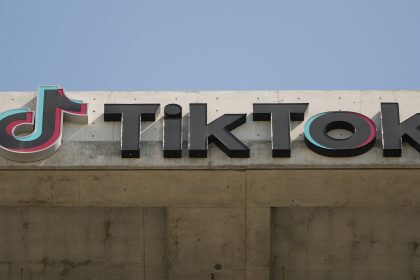FCC Asks Cell Carriers About Use and Retention of Geolocation Data

WASHINGTON — Federal Communications Commission Chairwoman Jessica Rosenworcel is asking the country’s top cellphone carriers for information on how each company uses and retains customer geolocation data.
It’s important because “mobile internet service providers are uniquely situated to capture a trove of data about their own subscribers, including the subscriber’s actual identity and personal characteristics, geolocation data, app usage, and web browsing data and habits,” she wrote in her letters Tuesday.
She sent letters to the top 15 cell phone carriers in the country including AT&T, Comcast, Google, T-Mobile and Verizon about how they use data for internal practices as well as how they disclose to customers if they sell it to third parties.
Cell phones are potentially tiny trackers of everyone who uses one because they can capture and transmit people’s precise locations as their service pings off of cell towers and connects to wireless internet as they use their phones.
In her questions, Rosenworcel referenced a report by the Federal Trade Commission that went into detail about how “several ISPs in the study gather and use data in ways consumers don’t expect and could cause them harm.”
She told the companies she’s asking these questions because geolocation data is “highly sensitive… especially when location data is combined with other types of data — and the ways in which this data is stored and shared with third parties is of utmost importance to consumer safety and privacy.”
Rosenworcel wants to dig into the process of why these companies collect this data and if they allow customers to easily opt out of the data collection if it’s not needed.
“Describe in detail the process by which a subscriber may opt out of the sharing of their geolocation data. Under this opt-out process is that subscriber’s data still shared with third parties?” she asked in her letters. “In particular, does the opt-out process allow a subscriber to opt out of the sharing of their geolocation data with all third parties that are not law enforcement?”
This isn’t the first time the commission has raised questions about cell phone carriers’ data practices. In 2020 the commission proposed $200 million in fines for cell phone companies that improperly used customers’ data, selling it to third parties that did not properly protect the data.
And now there is renewed interest in data privacy as advocates sound the alarm for this data potentially helping states that criminalize abortion track women who get the medical procedure.
Earlier this week the House Judiciary Committee held a hearing probing “Digital Dragnets” that are created with this data.
Madeline can be reached at [email protected] or @ByMaddieHughes























